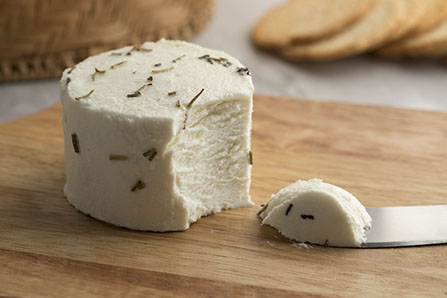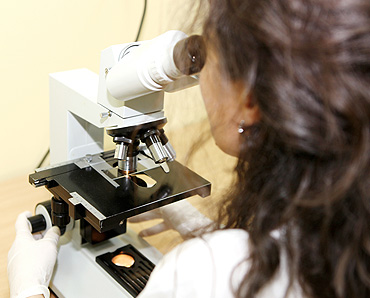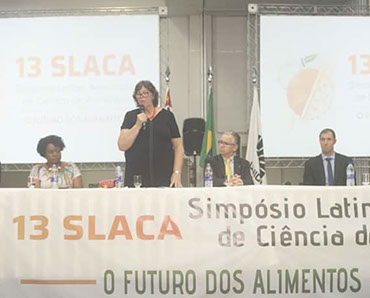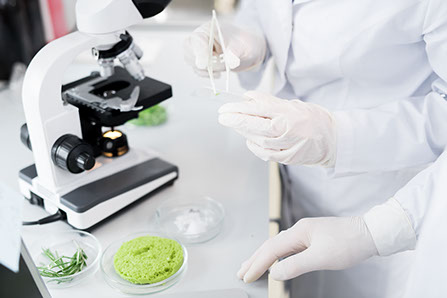NOTÍCIAS
Large-scale mapping of microbial diversity in artisanal Brazilian cheeses
Fevereiro/2020

Brazilian artisanal cheeses are characterized by the use of raw milk and in some cases, natural starter cultures, known as “pingo”, as well as following simple and traditional manufacturing technology. In this study, a large-scale screening of the microbial ecology of 11 different types of artisanal cheeses produced in five geographical areas of Brazil was performed. Besides, the specific origin-related microbial signatures were identified. Clear geography- and technology-based differences in the microbiota were observed. Lactic acid bacteria dominated in all cheeses although Enterobacteriaceae and Staphylococcus also occurred in North, Northeast and Central cheeses. Differences in the lactic acid bacteria patterns were also highlighted: Streptococcus, Leuconostoc, Lactococcus and Lactobacillus were differently combined in terms of relative abundance according to product type and region of production. This study provides a comprehensive, unprecedented microbiological mapping of Brazilian cheeses, highlighting the impact of geographical origin and mode of production on microbial diversity. The results obtained will help to plan an evaluation of microbial contamination sources that will need to be studied for the improvement of cheese quality and safety.
https://www.sciencedirect.com/science/article/pii/S074000201831027X?via%3Dihub
Interplay between food and gut microbiota in health and disease
Fevereiro/2020

Numerous microorganisms colonize the human gastrointestinal tract playing pivotal roles in relation to digestion and absorption of dietary components. They biotransform food components and produce metabolites, which in combination with food components shape and modulate the host immune system and metabolic responses. Reciprocally, the diet modulates the composition and functional capacity of the gut microbiota, which subsequently influence host biochemical processes establishing a system of mutual interaction and inter-dependency. Macronutrients, fibers, as well as polyphenols and prebiotics are strong drivers shaping the composition of the gut microbiota. Especially, short-chain fatty acids produced from ingested fibers and tryptophan metabolites are key in modulating host immune responses. Since reciprocal interactions between diet, host, and microbiota are personal, understanding this complex network of interactions calls for novel use of large datasets and the implementation of machine learning algorithms and artificial intelligence. In this review, we aim to provide a base for future investigations of how interactions between food components and gut microbiota may influence or even determine human health and disease.
https://www.sciencedirect.com/science/article/abs/pii/S0963996918305829
Agências de fomento
Fevereiro/2020
Congressos
Fevereiro/2020

Slaca:
Iufost:
Foodmicro:
Cursos de Línguas Unicamp (Nucli)
Fevereiro/2020
Cursos Online de Inglês.
Cursos presenciais de português para estrangeiros.
Saiba mais em:
https://www.facebook.com/isf.unicamp/

© 2020 FEA. All Rights Reserved.
